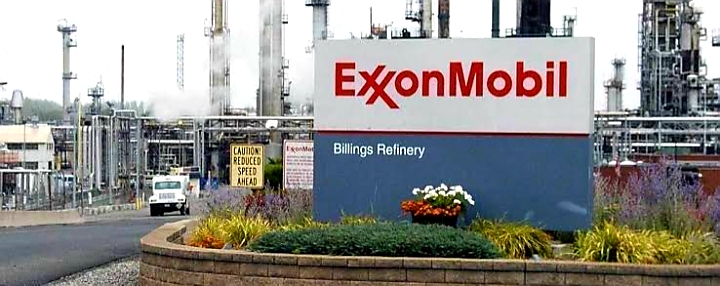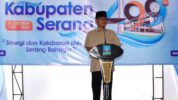Indonesia and ExxonMobil Partner on $10 Billion CCS and Petrochemical Projects
JAKARTA, RAKYAT NEWS – The Indonesian government has signed a memorandum of understanding (MoU) with ExxonMobil for a $10 billion investment to develop the country’s petrochemical sector and carbon capture and storage (CCS) technology. The initiative, expected to reduce carbon dioxide emissions by up to 90%, is poised to host Indonesia’s first operational CCS project.
Coordinating Minister for Economic Affairs, Airlangga Hartarto, expressed optimism about the project during the signing on January 22, stating, “We hope this becomes the first operational CCS project in Indonesia.” The partnership also highlights Indonesia’s commitment to reducing carbon emissions and promoting sustainable industrial growth.
Several international and domestic energy companies have also announced plans to develop CCS and CCUS (carbon capture, utilization, and storage) projects in Indonesia. Companies like Inpex Masela, Pertamina, and BP are exploring opportunities, with some projects targeting operations as early as 2027.
Major projects include Inpex Masela’s Abadi CCS/CCUS, targeting a 2027 launch with an estimated capacity of 2.41 million tons of CO2 per year. Pertamina and Air Liquide’s Balikpapan refinery project aims for 2030 with a capacity of 1.4 million tons of CO2 annually. Other notable initiatives include the Banggai Ammonia Plant, the Sakakemang CCS led by Repsol, and the Sunda Asri Basin CCUS hub in collaboration with Pertamina and ExxonMobil.
The government and ExxonMobil plan to establish a task force to ensure smooth implementation of the CCS initiative. Elen Setiadi, Deputy for Energy and Mineral Resources Coordination, emphasized that ExxonMobil is exploring locations for a major CCS facility with a capacity of 3 million tons of CO2 annually, focusing on the Sunda Asri Basin between the Sunda Strait and the Java Sea.
In May 2024, ExxonMobil and Pertamina signed an agreement to conduct preliminary activities for a CCS hub development. Deputy Jodi Mahardi noted that the partnership includes a feasibility study on the Sunda Asri Basin’s capacity and infrastructure requirements for CO2 storage.
As CCS technology gains traction globally, Indonesia’s initiatives underscore its commitment to meeting carbon neutrality targets. The involvement of international players like ExxonMobil and BP signals confidence in the country’s potential as a CCS and CCUS hub.
While the projects are promising, challenges such as regulatory frameworks, funding, and technical expertise remain. The government and private sector will need to collaborate closely to address these hurdles and ensure project success.
With its substantial investments and collaborative projects, Indonesia is positioning itself as a leader in sustainable energy practices. The country’s efforts in CCS and CCUS technology reflect a strong commitment to balancing industrial growth with environmental responsibility. ( Uki Ruknuddin)



























Tinggalkan Balasan